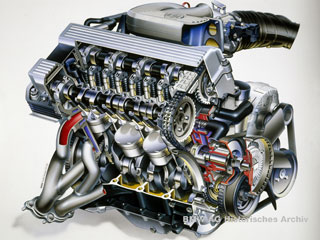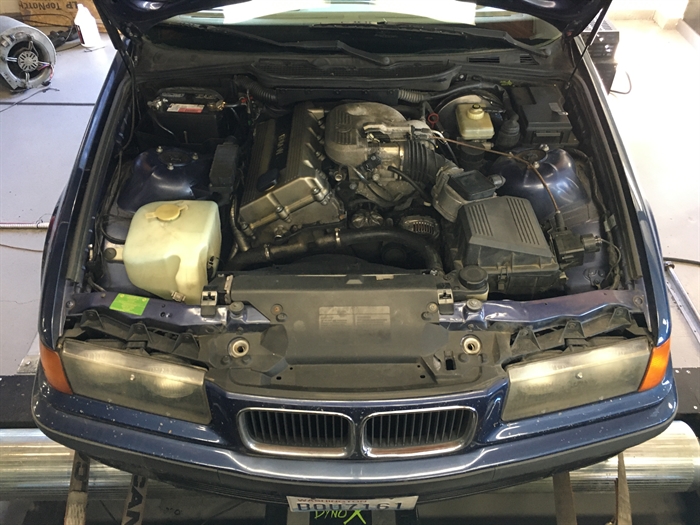Vital Considerations for Choosing the most effective Engine for Your Needs
In the realm of choosing the perfect engine to satisfy your needs, several crucial variables need thorough factor to consider to make sure ideal efficiency and performance. From the nuanced balance in between power and performance to the often-overlooked aspects of maintenance and service requirements, each facet plays a critical function in determining the most suitable engine for your particular demands. As the intricacy of engine modern technologies proceeds to advance, critical one of the most suitable choice demands a deep understanding of the interplay between various considerations. By discovering the elaborate web of variables that underpin this decision-making procedure, a clearer course emerges towards selecting an engine that not only meets but surpasses your expectations.
Power and Efficiency
When reviewing engines for optimal efficiency, it is essential to prioritize both power outcome and effectiveness. Efficiency refers to just how well the engine converts fuel into functional power. By very carefully examining both power and effectiveness, you can select an engine that provides ideal performance and meets your needs effectively.
Fuel Effectiveness and Economic Climate
Gas performance refers to the engine's capacity to transform gas right into energy with marginal waste, directly affecting operating costs and ecological sustainability. Engines with greater gas efficiency not only decrease fuel expenses however also decrease carbon exhausts, adding to a greener operation.

Compatibility and Application
Considering the gas effectiveness and economic climate of an engine, the next essential facet to address is its compatibility and application within certain operational contexts. Compatibility refers to how well the engine incorporates with the general system or devices it powers. It includes variables such as physical dimensions, placing choices, electrical interfaces, and control systems. Ensuring compatibility is necessary to stop issues such as overheating, resonances, or power imbalances (bmw 318ti).
Additionally, the application of the engine is equally important. Various engines are made for specific functions, whether it be industrial equipment, aquatic vessels, automobiles, or power generators. Comprehending the designated application enables the option of an engine that can deliver the required power outcome, torque, and functional features. For circumstances, a high-revving engine designed for performance cars and trucks would certainly not appropriate for heavy-duty building devices that needs high torque at reduced rates.
Maintenance and Service Needs
Upkeep and service demands play a crucial function in making certain the durability and optimum efficiency of an engine. Regular maintenance is important to prevent break downs, extend link the life-span of the engine, and keep its efficiency. When selecting an engine, Go Here it is essential to take into consideration the manufacturer's recommended upkeep routine and the accessibility of solution facilities or certified technicians.
Elements such as the frequency of oil adjustments, filter substitutes, and overall inspections can significantly affect the engine's performance. Some engines might call for even more frequent maintenance based upon their layout and use, while others might have longer periods in between upkeep checks. It is essential to adhere to these solution needs to stay clear of pricey fixings and unanticipated downtime.

Price and Budget Plan Considerations
When picking an engine for a specific application,Budget restrictions typically play a significant function in the decision-making process. When considering the cost and budget plan implications of selecting an engine, it is important to analyze not only the first purchase rate yet also the lasting expenses connected with maintenance, gas consumption, and prospective upgrades or fixings. It is critical to strike a balance in between the upfront expense of the engine and its total lifecycle expenses to make certain that the chosen engine stays monetarily sustainable throughout its functional lifespan.
Factors such as gas sturdiness, reliability, and efficiency can directly check it out impact the complete expense of possession of an engine. While a much more expensive engine might have higher upfront prices, it might potentially result in reduced maintenance and gas expenses over time, hence providing far better value in the lengthy run.
Final Thought

Gas effectiveness refers to the engine's ability to transform fuel right into energy with marginal waste, straight affecting operating expenses and environmental sustainability.Factors influencing fuel effectiveness include engine design, burning effectiveness, and general efficiency optimization. Additionally, choosing the ideal fuel type and grade as suggested by the engine supplier can further enhance efficiency and extend engine life expectancy.
Engines with excellent serviceability attributes and conveniently available parts can lower upkeep prices and reduce the time the engine is out of procedure - bmw 318ti. It is critical to strike an equilibrium between the in advance cost of the engine and its general lifecycle expenses to make certain that the picked engine continues to be financially sustainable throughout its functional life-span